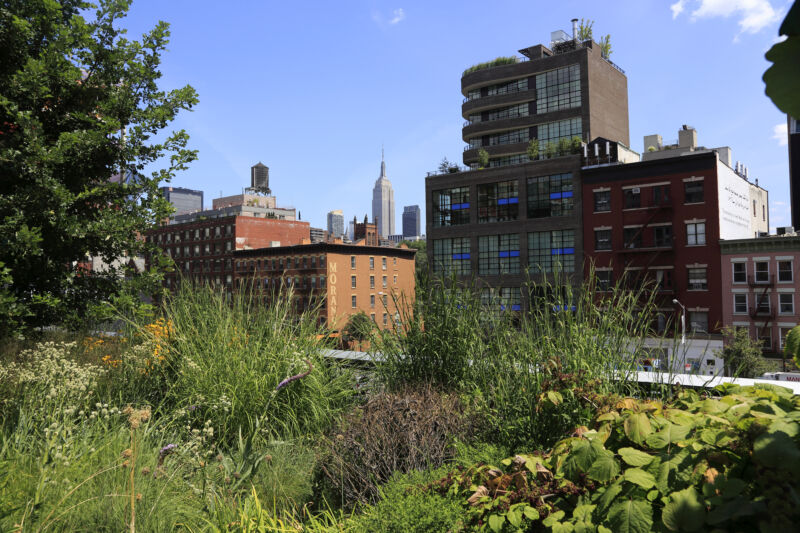-
chevron_right
Macron opens Paris agricultural fair to protests from farmers
news.movim.eu / TheGuardian · Saturday, 24 February - 18:47
French president greeted by whistles from hundreds of demonstrators as some clash with police
Hundreds of protesting farmers clashed with police in Paris as Emmanuel Macron toured the annual agricultural fair on Saturday. The French president had opened the fair as angry farmers blew whistles and shouted insults.
Riot police initially kept the protesters at a safe distance as he toured the fair, tasting honey from Normandy and cheeses from the Alps, and shaking hands with exhibitors. But as he entered the fair’s livestock area, hundreds of demonstrators crashed the gates and clashed with police.
Continue reading...

